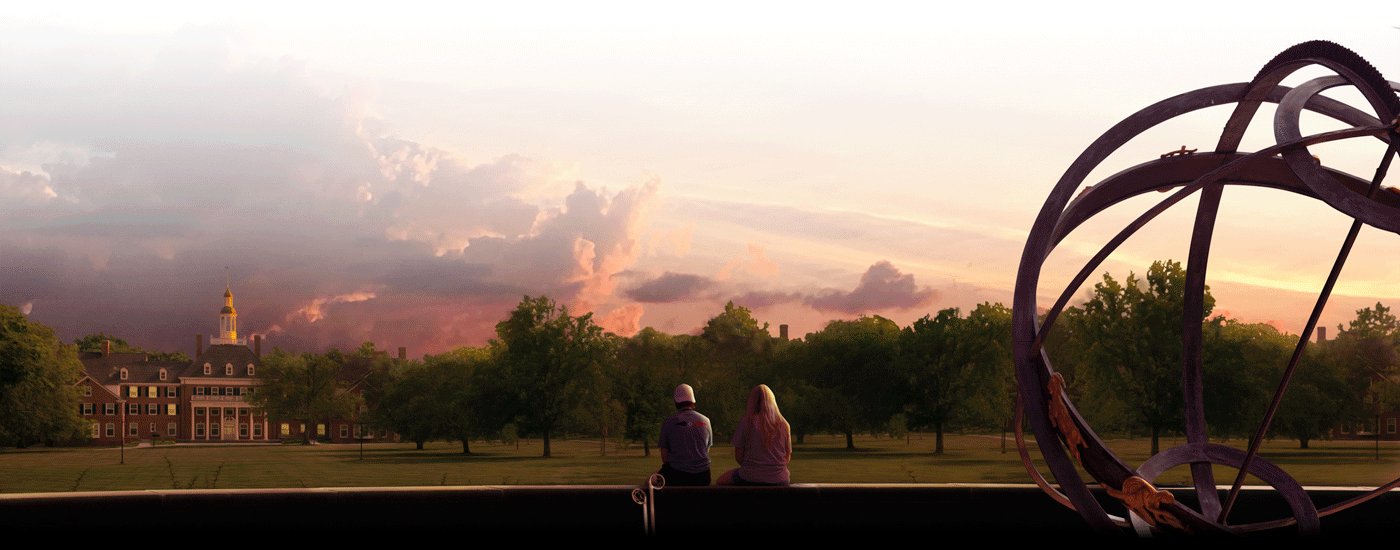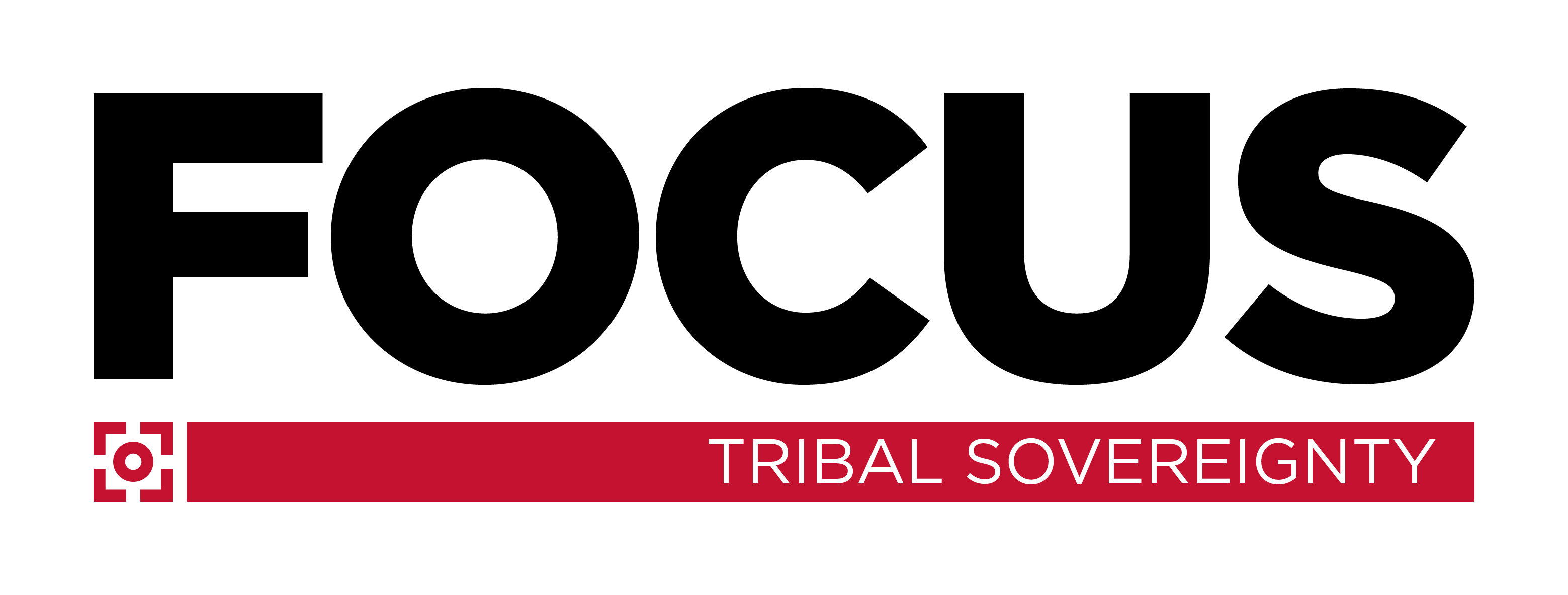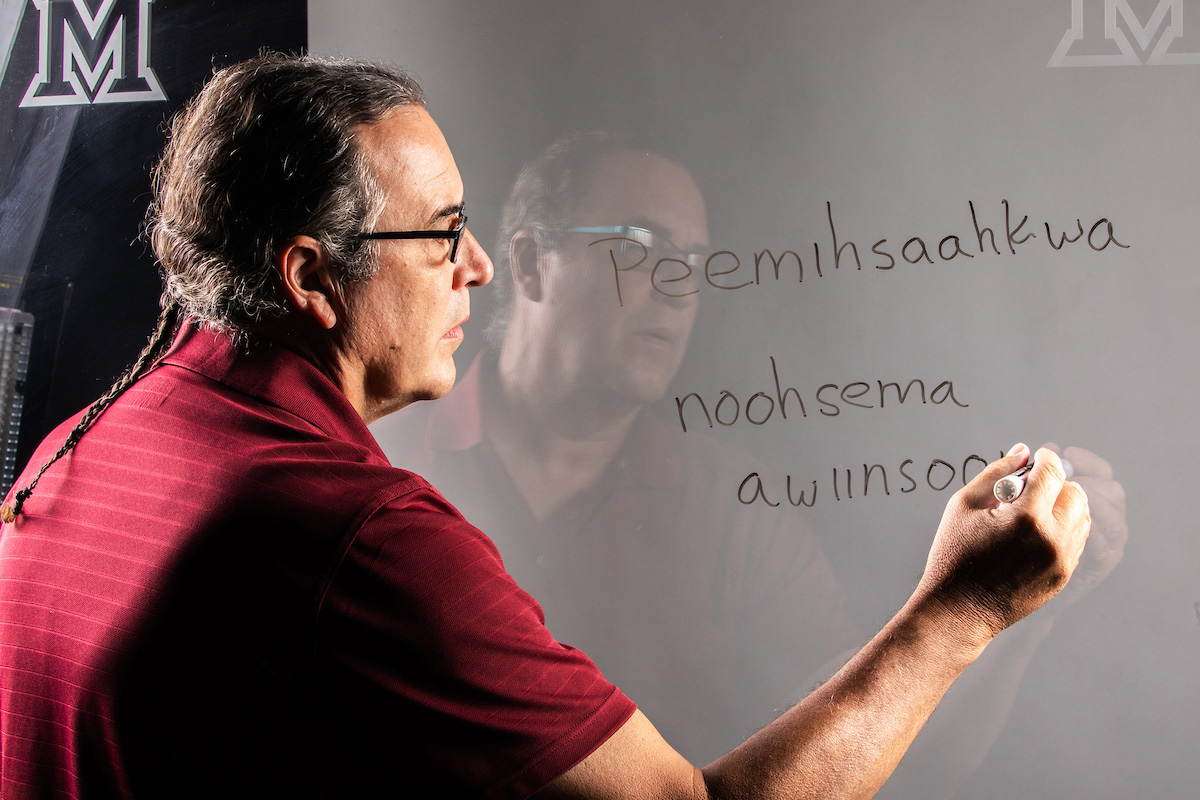

Focus | Tribal Sovereignty
Focus is a new university-wide initiative to coordinate activities of many groups, centers, institutes, and departments to create a year-long exploration of an important, timely, “big idea” topic from multiple disciplinary perspectives.
The 2022-2023 theme, tribal sovereignty, will focus on many aspects of sovereignty from different angles that cut across the University as well as the broader community. In the fall, FOCUS events and programs will highlight the relationship between the Miami Tribe of Oklahoma and Miami University. In the spring we will turn our attention to the topic of sovereignty more specifically. We write to invite you to participate in the FOCUS Theme Year by incorporating the theme into your spring, 2023 courses. This might be an entire course related to the FOCUS theme, or might involve incorporating discussions related to tribal sovereignty into an existing course. The following questions are intended to guide your consideration of how you might advance the FOCUS theme in your courses:
- Origins and meanings of tribal sovereignty
What is tribal sovereignty? What are the origins of tribal sovereignty among Indigenous nations that live within what is today the United States? How has the meaning of sovereignty shifted for tribal nations as a result of their experiences with settler-colonial states? Why is tribal sovereignty important to U.S. sovereignty and to the creation of Miami University? What is the future of tribal sovereignty? - Land and sovereignty
In what ways is tribal sovereignty tied to land? How is the perceived diminishment of tribal sovereignty connected to the diminishment of tribal lands, which was essential to the growth of the United States? What impact has the return of tribal control of land had on the expansion of tribal sovereignty and how has this reinvigoration led to new conflicts between tribal nations and the settler-colonial state? - Community and sovereignty
Indigenous scholar Vine Deloria Jr. asserted that for tribes “Sovereignty, in the final instance, can be said to consist more of continued cultural integrity than of political powers and to the degree that a nation loses its sense of cultural identity, to that degree it suffers a loss of sovereignty.” What are the challenges that tribal nations continue to face in maintaining their cultural integrity? How can the history of attacks on tribal languages and cultures be understood in light of this assertion? How are language and culture reclamation and revitalization efforts impacting tribal sovereignty? - Identity and sovereignty
How do tribal nations identify their constituent parts? How do individuals identify with their tribal nations? In what ways do individual expressions of tribal identity through the arts or other forms help reinforce tribal sovereignty? What kinds of conflicts have emerged over time as group-centered notions of identity bump up against settler-colonial notions of individualized identity? - Reflection in the context of Miami University
Tribal sovereignty has played a decisive role within the context of the fifty years of relationship between the Miami Tribe of Oklahoma and Miami University. What role has the recognition of this sovereignty played in this relationship? As a member of the Miami University community, what does tribal sovereignty have to do with you? How will your expanded knowledge of tribal sovereignty affect your actions in the future?
50th Anniversary Programming
Throughout 2022, Miami University and the Miami Tribe of Oklahoma are celebrating the 50th anniversary of the relationship between a sovereign Tribal Nation and a public educational institution. This unique partnership is expressed through a shared commitment to neepwaantiinki, learning from each other, which has played a key role in the Miami Tribe's language revitalization efforts and has led to the first generation in nearly 100 years learning to speak the Myaamia language.

2022-2023 Program Events and Activities



